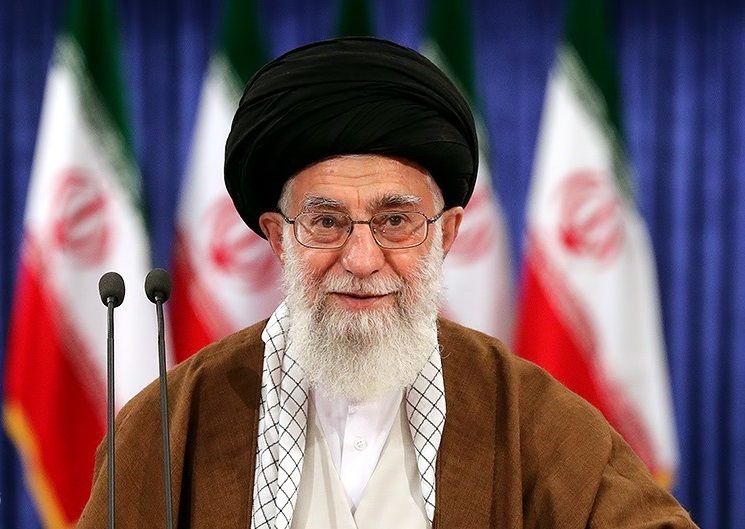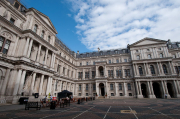
A senior Iranian religious authority has issued a fatwa—a formal Islamic legal ruling—against former U.S. President Donald Trump and Israeli Prime Minister Benjamin Netanyahu, labeling them
"enemies of God" for threatening Iran’s Supreme Leader, Ayatollah Ali Khamenei.
Grand Ayatollah Naser Makarem Shirazi, one of Iran’s most prominent Shiite clerics, accused the two leaders of being muḥārib—a term in Islamic law referring to individuals who wage war against God. According to the Quran and Iranian law, this offense carries severe penalties, including execution or exile.
“Any person or regime that threatens the Leader or Marja (May God forbid) is considered a warlord or muḥārib,” Shirazi declared.
The fatwa follows heightened tensions in the region, including U.S. airstrikes on Iranian nuclear facilities and a brief military confrontation between Iran and Israel. During these events, Trump suggested online that Khamenei could be assassinated, referring to him as an “easy target.”
Fatwas can range from guidance on religious practices to serious calls for action. A well-known example is the 1989 fatwa issued by Ayatollah Khomeini against author Salman Rushdie, which led to decades of threats and a 2022 knife attack that left Rushdie blind in one eye.
This new fatwa underscores worsening relations between Iran and the West. At the same time, the head of the International Atomic Energy Agency (IAEA), Rafael Grossi, has raised concerns about Iran’s nuclear capabilities. Despite recent U.S. claims that Iranian nuclear sites were destroyed, Grossi told CBS News that Iran retains the capacity to restart uranium enrichment within months.
“The capacities they have are there,” Grossi said. “If they so wish, they will be able to start doing this again.”
In response to the tensions, Iran has severed cooperation with the IAEA, barred Grossi from visiting, and disabled surveillance equipment at key nuclear facilities. Approximately 400 kilograms of enriched uranium are currently unaccounted for.
While the IAEA has not confirmed that Iran is developing a nuclear weapon, officials say Tehran continues to withhold critical information about its nuclear program. Photo by Tasnim News Agency, Wikimedia commons.







































